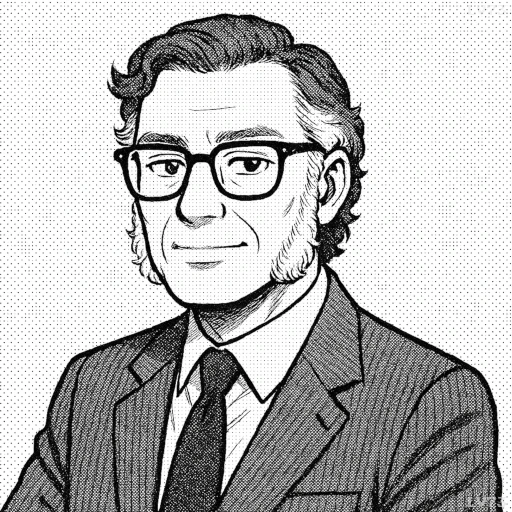“He had read much, if one considers his long life; but his contemplation was much more than his reading. He was wont to say that if he had read as much as other men he should have known no more than other men.”

- January 2, 1920 – April 6, 1992
- Born in Russia
- Author, biochemist (professor)
table of contents
Quote
“He had read much, if one considers his long life; but his contemplation was much more than his reading. He was wont to say that if he had read as much as other men he should have known no more than other men.”
Explanation
In this quote, Asimov reflects on the idea that true understanding comes not from merely absorbing information, but from deep contemplation of that information. The individual described here valued thought and reflection far more than just the act of reading. This insight underscores the importance of critical thinking and the integration of knowledge. While reading is essential for gaining information, it is the ability to reflect on and make sense of that information that leads to wisdom. For Asimov, this distinction was critical—reading alone was insufficient without the deeper work of thinking through and questioning what one encountered.
Asimov himself was a voracious reader and writer, yet he was also keenly aware that without reflection, knowledge could become stagnant or superficial. Born in 1920, during a time when information and scientific advancements were increasing at an unprecedented rate, Asimov’s own career bridged the gap between academic rigor and popularization of science. His works often reflected the tension between knowledge and understanding, urging readers not just to gather facts but to consider their implications. This focus on contemplation over consumption also mirrored his intellectual approach, where he constantly sought to challenge conventional wisdom and explore the deeper meaning of ideas.
In today’s world, Asimov’s message resonates more than ever, especially in an era of information overload. In a time when knowledge is so easily accessible through the internet and media, the ability to reflect deeply on that information has become a critical skill. Whether in the realms of education, business, or politics, Asimov’s advice reminds us that understanding comes from asking the right questions, reflecting critically, and applying insight—not just accumulating data.
Would you like to share your impressions or related stories about this quote in the comments section?


